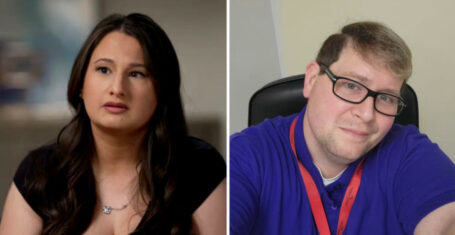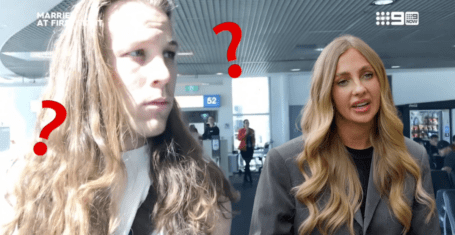
Review: Cambridge University Chamber Orchestra
JOE CONWAY: ‘A dynamic conductor, a flamboyant soloist, and CUCO very near the top of its form.’
1st May 8pm at West Road Concert Hall. £14/£10/£3
![]()
The clapping, stamping, whooping, and hooting at the end of this concert could mean only one thing – the university had returned to West Road! Certainly the capacity audience, including a large number of undergraduates back for the first time since the vacation, had plenty to cheer about – a dynamic conductor, a flamboyant soloist, and CUCO very near the top of its form.
For me there was something still more satisfying. The programming wasn't some haphazard juxtaposition of unrelated works but a really well-thought-out sequence which wrapped two first symphonies around a piano concerto. The symphonies were by Prokofiev and Shostakovich, composers who were more or less contemporaries, and whose life and work was deeply effected by the Soviet regime. The concerto was by Ravel, and although there's no particular connection between the exotic French composer and the two Russians, it made for continuity as well as contrast. Possibly because all three works were written in the brief period between 1917 and 1931.
Let's take the Ravel first. As it turned out this was an inspired choice, giving the renowned soloist Gulsin Onay an opportunity to dazzle the audience with a stunning display of pianistic pyrotechnics. But it also provided a showcase for CUCO, with plentiful solos for members of the orchestra, and famously brilliant percussion parts.
Not that this gorgeous piano concerto is all display. At its heart is a slow movement of exceptional beauty – a kind of poignant and perhaps retrospective slow waltz. Gulsin played its long opening solo with an intense inward lyricism that caught everyone in its spell and which also included some interesting and intentional split chords – left hand before right. She was helped by some lovely solos, the one for cor anglais being the most memorable.
But inevitably it was her playing in the extrovert outer movements that did it for me. As well as the sheer dexterity and velocity involved, Gulsin also excelled in bringing out melodies hidden in a welter of pianistic figurations. Again she was supported by snappy contributions from woodwind and brass sections, a thrilling team of percussionist players and, not least, by an atmospheric harp solo ravishingly played by Hannah Ward.
This solo apart there's very little in Ravel's musical cocktail which could be described as impressionistic. Much of the concerto is influenced by early jazz and is a bit like a kind of French Rhapsody in Blue. There's also more than a touch of neo-classicism, and at times Ravel seems to be thinking about joining Les Six, a group of his contemporaries whose music is characterised by a kind of hard-edged frivolity. Sometimes he even remembers to insert something that sounds like Ravel!
Before the concerto Peter Stark had conducted a performance of Prokofiev's Symphony No 1 which was as good as it gets. Speeds were ideal, each melody and musical phrase was expertly characterised and, again, there were all kinds of beautiful woodwind solos, with the bassoons particularly impressive. The string tone at the beginning of the Gavotte was also something special, and the finale was a riot of youthful high-jinks.
In fact Prokofiev wrote this light-hearted piece when he was 26. Shostakovich was just 19 when he composed his Symphony No 1. See what I mean about intelligent programming which allows one to compare and contrast? What emerged for me was that while Prokofiev's symphony is probably more consistently written and technically accomplished, it's also demonstrably more superficial. Shostakovich's 1st is much longer, much more profound in its musical thought but, as you'd expect, eaten up with irony and bitterness.
At one point in its generally excellent performance CUCO lost the plot for a few seconds. A fluffed brass note at the end of the first movement, a split plucked bass note, and things could have fallen apart. But helped by Peter's authoritative conducting the players regrouped and went on to better things. They were also helped by some incisive piano playing in the Scherzo by Matt Fletcher. And in the slow movement by some ravishing high solos by leader Oscar Perks and principal cellist Kate Conway. Oscar's solo was played straighter, Kate's was more passionate, but how fortunate CUCO is in having two such accomplished musicians to lead its string sections.
A final outburst for the entire orchestra in one of Shostakovich's best-ever effects and, as I said, the audience had plenty to shout about.









































